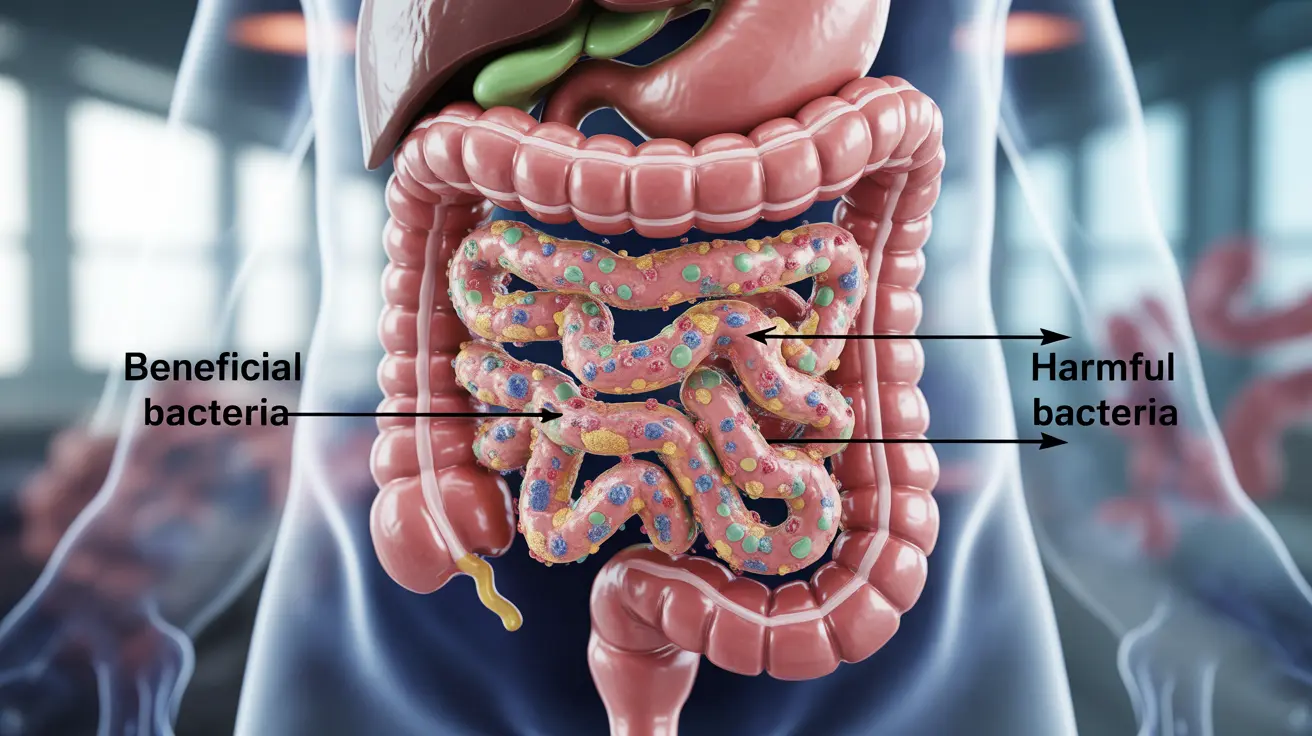Antibiotics are powerful medications that help fight bacterial infections, but they can also cause various side effects that range from mild discomfort to serious complications. Understanding these potential effects is crucial for anyone taking antibiotics, as it helps you recognize normal reactions from those requiring medical attention.
While antibiotics are essential for treating many infections, being informed about their possible side effects enables you to make better healthcare decisions and know when to seek medical help. This comprehensive guide explores common antibiotic side effects, their duration, and ways to manage them effectively.
Common Side Effects of Antibiotics
Most antibiotic side effects are mild and typically resolve on their own after completing the medication course. Common side effects include:
- Nausea and vomiting
- Diarrhea
- Stomach pain or cramping
- Loss of appetite
- Bloating and gas
- Headaches
- Mild rash or itching
These effects usually appear within the first few days of starting antibiotics and generally subside as your body adjusts to the medication or after completing the prescribed course.
Impact on Gut Health
Antibiotics can significantly affect your digestive system's natural balance by eliminating both harmful and beneficial bacteria. This disruption can lead to:
- Digestive disturbances
- Changes in bowel movements
- Increased risk of yeast infections
- Potential development of antibiotic-associated diarrhea
The gut microbiome typically begins recovering within a few weeks after completing antibiotic treatment, though full restoration may take longer.
Serious Side Effects and Allergic Reactions
Warning Signs of Allergic Reactions
Some people may experience allergic reactions to antibiotics, which can be serious and require immediate medical attention. Watch for:
- Severe skin rashes or hives
- Difficulty breathing
- Swelling of the face, throat, or tongue
- Severe dizziness
- Rapid heartbeat
Severe Complications
In rare cases, antibiotics can lead to more serious conditions, including:
- Stevens-Johnson syndrome
- Clostridium difficile infection
- Severe liver problems
- Kidney issues
- Blood disorders
Prevention and Management Strategies
Several strategies can help minimize antibiotic side effects:
- Take antibiotics with food (unless instructed otherwise)
- Stay well-hydrated
- Consider probiotic supplementation
- Complete the full course as prescribed
- Avoid alcohol and certain foods if recommended
- Keep track of any unusual symptoms
Frequently Asked Questions
- What are the most common side effects of antibiotics and how long do they usually last?
The most common side effects include nausea, diarrhea, and stomach upset, typically lasting 1-2 weeks. These effects usually resolve once the antibiotic course is completed.
- How do antibiotics affect the balance of good bacteria in the gut and what problems can this cause?
Antibiotics can disrupt the natural gut microbiome by killing both harmful and beneficial bacteria. This can lead to digestive issues, diarrhea, and increased risk of yeast infections. The gut typically needs several weeks to restore its natural balance.
- What are the signs of an allergic reaction to antibiotics and when should I seek emergency medical help?
Seek immediate medical attention if you experience difficulty breathing, severe rash, hives, swelling of the face or throat, or severe dizziness. These symptoms can indicate a serious allergic reaction requiring emergency care.
- Can antibiotics cause serious conditions like Stevens-Johnson syndrome or C. difficile infection?
Yes, though rare, antibiotics can cause serious conditions. Stevens-Johnson syndrome is a severe skin reaction, while C. difficile infection can cause severe diarrhea and colon inflammation. Both conditions require immediate medical attention.
- How can I prevent or reduce antibiotic-associated digestive issues such as diarrhea or yeast infections?
Take probiotics, stay hydrated, eat a balanced diet, and take antibiotics exactly as prescribed. Consider eating yogurt with live cultures, and avoid alcohol during treatment. If symptoms persist or worsen, consult your healthcare provider.




